The new E10 petrol grade is being introduced across the United Kingdom from September 2021. The move is part of the government’s strategy to reduce harmful emissions from transport
Although the new E10 petrol retains the same 95-octane rating as existing unleaded petrol, it contains a much higher proportion of ethanol. Currently, all petrol supplied at filling stations contains a five per cent mix of ethanol, which is why it is known as E5. However, from September 2021, that proportion will be doubled in standard grade petrol. The fuel will be identified by the code E10.
This change will not affect Toyota owners with a diesel-powered vehicle.
Which Toyota models can use E10 petrol?
If your Toyota has a petrol engine or hybrid powertrain and was officially produced for European markets since January 1998, it will be compatible with E10 petrol.
The only exceptions to this rule are the following vehicles:
- Toyota Avensis with 2.0-litre 1AZ-FSE engine made between July 2000 and October 2008.
- Toyota Avensis with 2.4-litre 2AZ-FSE engine made between June 2003 and October 2008.
If your vehicle was produced before January 1998, it cannot use E10 fuel.
Can you use E10 petrol in imported cars?
If your car is an imported model that was not officially sold in European markets, we recommend staying on E5 by using super unleaded, which has a higher octane rating. Having received queries from owners regarding specific imported models, we are investigating this further.
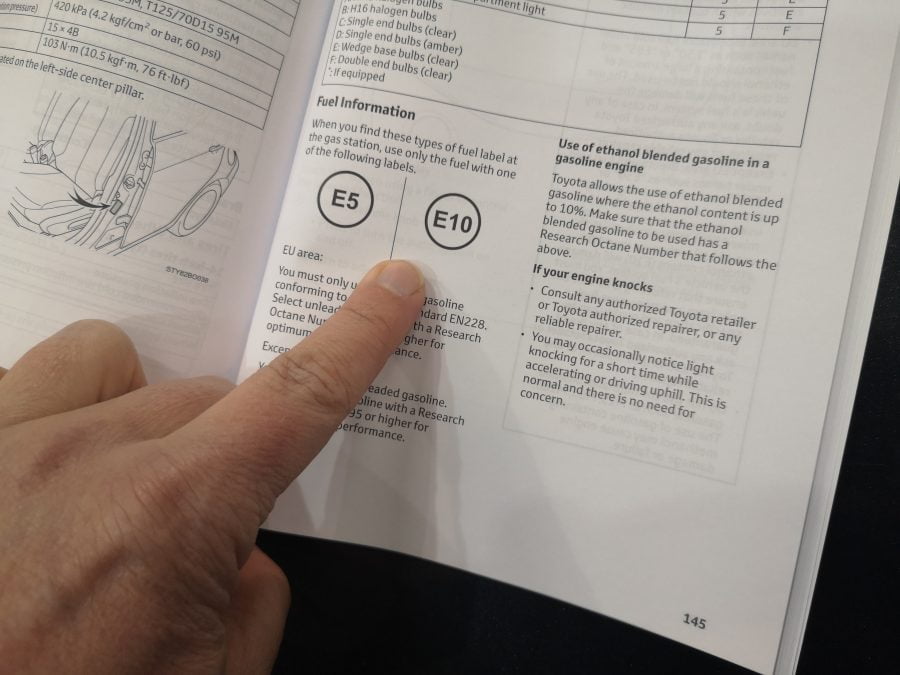
How can I check if my Toyota can use E10 petrol?
This can be confirmed by checking the owner’s manual or looking at the information printed on the inside of the fuel filler flap. If you are still unsure, use E5 petrol, which will continue to be dispensed from the super unleaded pump at many filling stations.
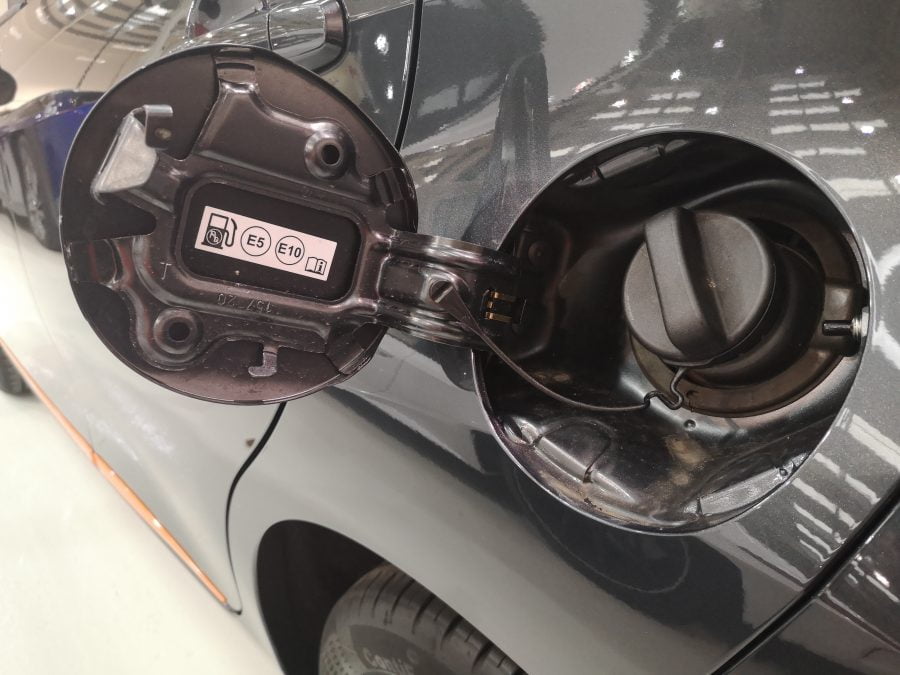
Why is the ethanol content being increased?
Ethanol is a renewable, non-fossil biofuel produced from sustainable sources. It is made using by-products from the farming industry, such as those from wheat, corn and sugar crops.
By increasing the proportion of biofuel in petrol, the content of fossil fuel and therefore our reliance on it decreases. This will reduce the overall levels of CO2 (carbon dioxide) emissions from vehicles and help the government achieve its climate change targets. It has been calculated that this change from E5 to E10 petrol will cut harmful transport emissions by 750,000 tonnes a year. That’s the equivalent of taking 350,000 cars off the road.
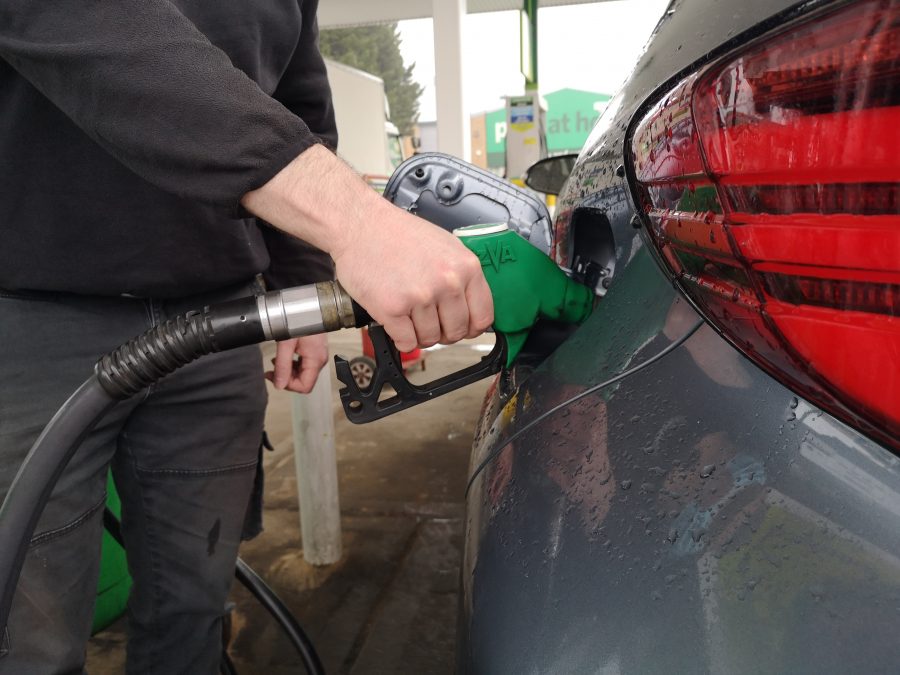
Why isn’t the ethanol content much higher?
The composition of ethanol is different to that of a crude oil based fossil fuel such as petrol. Higher blends of ethanol can cause corrosion of some rubbers and alloys used in the engine and fuel systems of some older vehicles.
A small number of these vehicles will need to continue using E5 petrol, and this will remain widely available at filling stations in super unleaded grade.
Is this change to E10 petrol only happening in the UK?
No. In fact, E10 petrol is already common throughout the world. It has also been the reference fuel used for all new car emissions and performance testing since 2016.
Useful link The government has a simple ‘E10 checker’ tool on its website here.
Read more Toyota hybrid – how does it work?
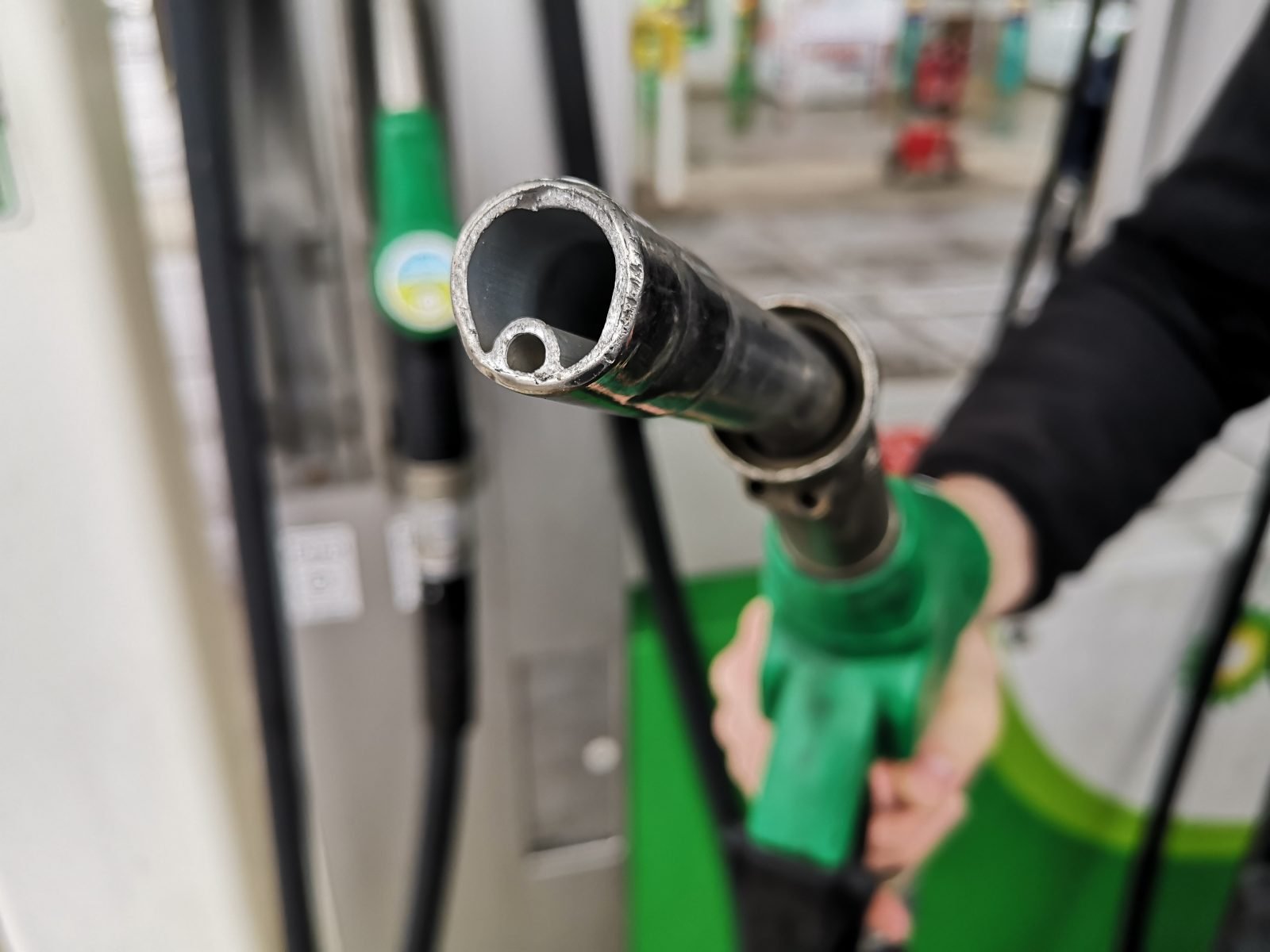
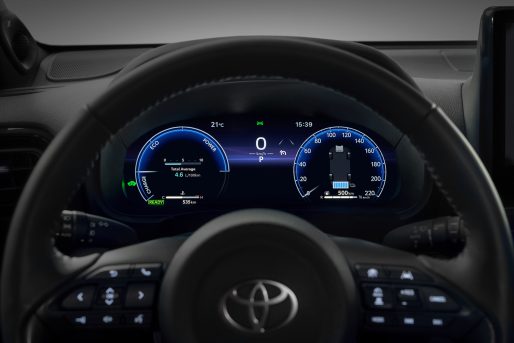


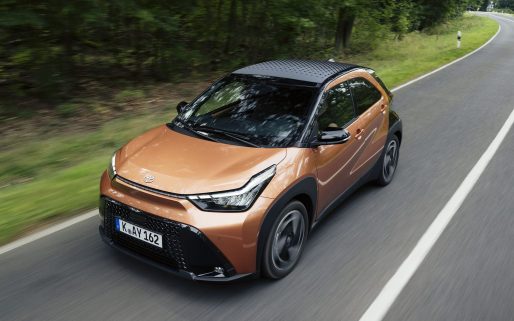
I have a Yaris T-Spirit, first registered 24/3/2011, FL11 KCF. Can I use E10 petrol?
Hi Donald,
As your Yaris was produced after January 1998 and isn’t on the exceptions list, you can use E10 fuel.
Thanks.
Will an Aygo on a 59 plate be able to use E10 fuel .
Hi Stephen,
Please provide your vehicle registration so we can look into this for you.
Thanks.
Hi. Inside my car door, it says we have the 2.4 2AZ-FE, not the 2AZ-FSE which it states on the government site. We have a 2007 Toyota Estima Aeras G Edition Japanese import. Will this be OK with E10 fuel please?
Hi Mark,
Thanks for your comment.
Unfortunately, we don’t have any information on imported vehicles so can only recommend that you continue to use E5 fuel.
Thanks.
Hi, my wife has a 1998 Toyota Rav -4 Japanese import vehicle.
Which fuel will she have to use
Thanks
Mark
Hi Mark,
Thanks for your comment.
Unfortunately, we don’t have any information on imported vehicles so can only recommend that your wife continues to use E5 fuel.
Thanks.
I have a Yaris AO52ZWM is it okay to use E10 in my car?
Hi Samantha,
As your Yaris was produced after January 1998 and is not on the exceptions list, you can use E10 fuel.
Thanks.
A Toyota Rav 4 2008 can l use E10
Hi there,
Please provide your vehicle registration so we can look into this for you.
Thanks.
I’m in the channel Islands and sadly here no website or people to ask about this :/
I have a celica vvtli 2001. I’m assuming it fits in the “yes” but will this new blend really not affect the engine and running of the car? Or will it in the long term just slowly damage it and then it forces us to get rid of the petrol cars which is ultimately the government’s goal? I worry as I’ve read even on this thread of people using this e10 and suddenly the cars have lots of issues. Thank you
Hi Carla,
Thanks for your comment.
We can assure you that if your vehicle is produced after January 1998 for the European market, then E10 fuel should not damage your vehicle.
The switch to E10 is another step towards the 2050 net zero emissions target.
Its introduction is significant in that it assists with the decarbonisation of the existing UK cars as well as those new cars powered by petrol engines.
Please don’t hesitate to contact us if you have any further questions.
Thanks.
Hi..I own a 1999 Toyota Corolla,,,Will it run on E10..
Hi there,
Please provide your vehicle registration so we can look into this for you.
Thanks.
Hi
I also have a 2000 Corolla – V263 HBN could you advise if i can use the new fuel please
Hi Paul,
As the Corolla was produced after January 1998, it can use E10 petrol.
Thanks.
Will my TOYOTA MR2 ROADSTER 2002 Run on E10 petrol ⛽
Hi Richard,
Please provide your vehicle registration so we can look into this for you.
Thanks.
Hi is it ok E10 petrol good for my Toyota Prius 2005 gv05kkd
Hi Rais,
As your Prius is not on the exception list and is produced after January 1998, you can use E10 fuel.
Thanks.
I have a Yaris with a “Y” registration so I presume it will run on the new fuel? Can you confirm please.
Hi there,
Please provide your full vehicle registration so we can look into this for you.
Thanks.
Just been looking at my manual, and it looks like it was first registered in 2002. Sticker on the back says ‘OM Yaris (EUR)’ with ‘OM 524-64E’ so I presume it will be OK. Reg. is Y68RDL.
Hi Gill,
As your vehicle was produced after January 1998 and is not on the exceptions list, you can use E10 fuel.
Thanks.